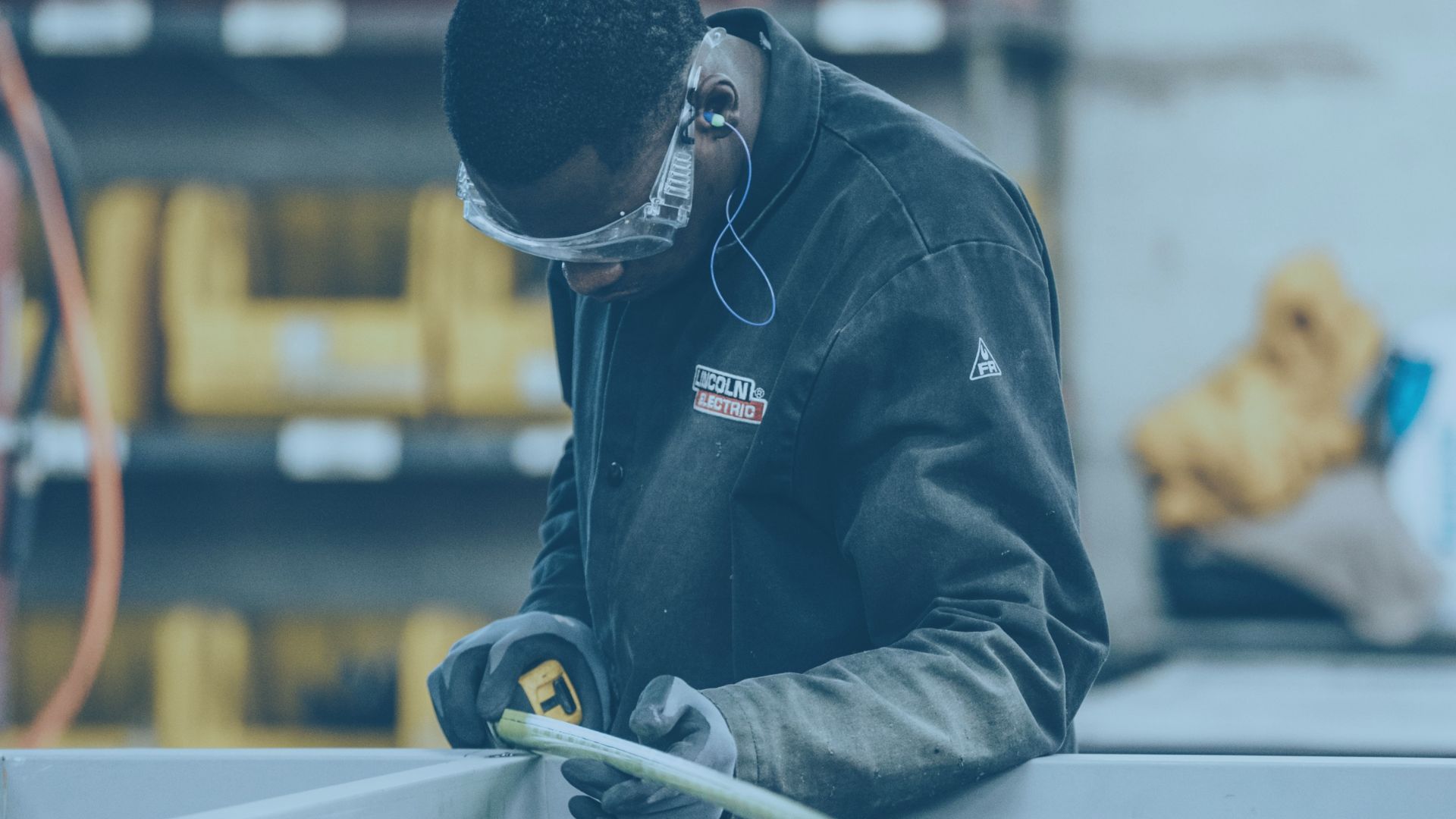21st-century manufacturing is a fast-paced, highly dynamic space. Lean principles—focused on maximizing value while minimizing waste—must rule the day.
As companies strive for greater efficiency, the need for a workforce skilled in lean manufacturing has grown exponentially. However, recruiting for these specialized roles requires a thoughtful approach that aligns with lean manufacturing’s core values of continuous improvement, efficiency, and problem-solving.
This article outlines smart, business-savvy recruitment strategies to help hiring managers attract, hire, and retain top lean manufacturing talent, positioning their companies for long-term success.
1. Understanding Lean Manufacturing Roles and Skills
Let’s break it down: recruiting lean talent is about more than posting a job ad and hoping for the best. You’re looking for people who can transform your operations, streamline processes, and enhance productivity, all while minimizing waste. To get there, hiring managers must align their recruitment efforts with the core values of lean manufacturing—continuous improvement, smart problem-solving, and efficiency.
Start with a clear understanding of the roles you’re looking to fill. Lean professionals don’t just tinker with production; they specialize in optimizing workflows, trimming inefficiencies, and driving better results. Think lean coordinators, process engineers, Kaizen facilitators, and value stream managers. These roles require problem-solvers who don’t just spot inefficiencies—they crush them. They’re experts in Six Sigma, Kaizen, and 5S methodologies, and they excel at cross-functional collaboration.
2. Targeted Recruitment Strategies
Once you’ve got the role profiles dialed in, you need a sharp strategy to find the right candidates. Start with job descriptions that cut to the chase—don’t just list requirements, highlight the tangible skills and lean tools your ideal hire will need. General job boards are hit or miss for such specialized roles, so zero in on niche platforms, professional associations like the Lean Enterprise Institute, and online forums where lean professionals congregate.
Educational partnerships are another power move. Universities, technical colleges, and trade schools that offer lean or Six Sigma programs are breeding grounds for future talent. Offering internships or apprenticeships with these institutions helps you nurture a pipeline of employees who already speak the lean language.
3. Streamlining the Hiring Process
But recruitment doesn’t end with sourcing. In fact, much like lean manufacturing itself, the hiring process should be as efficient and well-oiled as possible. Scrutinize your current recruitment process—are there bottlenecks or redundancies? Maybe too many interview stages or overly complicated screening procedures? Applying lean principles to recruitment means cutting out unnecessary steps, speeding up decision-making, and reducing time-to-hire. You want the best talent, not a candidate pool that’s been worn down by a sluggish process.
And don’t forget the power of data. Track your recruitment metrics—time-to-hire, candidate quality, and where you’re losing people in the funnel. Refine your strategy as needed based on what the numbers tell you.
4. Attracting and Retaining Top Lean Talent
Of course, it’s not just about attracting talent. Retaining lean professionals is critical, and that starts with offering a package that respects their skills and the value they bring.
Competitive salaries are a must, but so are growth opportunities. Lean experts crave continuous learning. Make it clear that there’s room for them to advance within your company, whether that’s through additional certifications or leadership training.
Beyond compensation, lean professionals thrive in cultures that match their values—ones that emphasize continuous improvement and innovation. You can’t just talk the talk; your entire organization needs to be walking the lean walk. Empower employees to drive changes, contribute ideas, and take ownership of process improvements. Lean isn’t just about fixing inefficiencies—it’s about creating a culture where efficiency is baked into everything you do.
5. Continuous Improvement in Recruitment
Like any successful lean initiative, recruitment should be treated as an ongoing project. Regularly assess your hiring performance. Are you attracting the right talent? Are there delays in your process that need ironing out? Are you staying ahead of industry changes that might require different skills tomorrow? Flexibility is key, and your recruitment strategy should evolve alongside the needs of your business and the lean manufacturing landscape.
The manufacturing landscape and the skills required in lean roles are constantly evolving. Make sure your recruitment approach adapts to industry shifts, technological advancements, and the changing expectations of candidates. A flexible recruitment strategy will ensure you continue attracting top-tier talent as your company’s needs grow.
Conclusion
In the end, finding and keeping top lean talent about creating a workforce that will drive your company toward operational excellence. Recruiting for lean manufacturing roles requires a thoughtful and strategic approach, so take the same approach to your recruitment strategy that you do to your production floor: precise, intentional, and always looking for ways to improve.
By understanding the skills required, targeting the right networks, and streamlining the hiring process, you can build a high-performing workforce that drives continuous improvement and operational excellence. Just as lean manufacturing is about refining processes for better outcomes, your recruitment strategy should focus on efficiency, adaptability, and long-term success.
Embrace these strategies, and your company will be well-positioned to attract and retain the lean talent that will help your business thrive.

